El Jinete
For La Plaza De Toros R3 owner Jose Hernandez, running a business has its ups and downs.
“Like if I were, in reality, on a bull,” Hernandez says.
Hernandez’s dream of bringing his native San Luis Potosí style of bull riding to his new home in Del Valle has been a struggle. From day one, he’s had to navigate multiple barriers to his business including lack of access to mainstream bank loans, a language barrier and difficulties with permitting.
“We have been, in certain ways, discriminated against. We’ve felt like that at times,” Hernandez says.
Jose Hernandez (left) helps wrap a rope around the girth of a bull at La Plaza De Toros R3 on April 16, 2022. Hernandez is heavily involved in the bull riding aspect of the business while his wife and two sons run the finances and organizing of events.
Many of the problems Hernandez faces with his business are systemic. According to a study, the largest factor holding back business ownership among immigrant Latinos is the lack of wealth.
“It's a tremendous strike against those who cannot depend on generational wealth,” Brittney S. Rodriguez, Interim CEO & COO of the Greater Austin Hispanic Chamber of Commerce says. ”Someone walked across the desert today. Someone is crossing a river right now. They have no access, they have no support system, and their dream is to establish a business and make a life.”
Hernandez does not have access to wealth to stabilize his business. He hasn’t been able to secure a loan from a mainstream bank and says he currently takes loans from hard money lenders that require him to pay about 10% interest. This is another issue Latinx businesses often face. According to a study, only 51% of Latino owned businesses were approved for all or most of their loans requested from national banks, compared to 77% of white owned businesses.
“Unfortunately, Latinos do face often higher interest rates, more difficulty securing these loans, and assistance in being on the receiving end of them,” Rodriguez says.
La Fiera De Ojinaga performs a banda song to warm up the audience as the jaripeo begins at La Plaza De Toros R3 on April 16, 2022.
When business owner Yisel Guerrero immigrated from Colombia to start a jewelry store in Austin nine years ago, she faced similar issues. From high interest loans to not being approved for loans at all, she says many of these barriers placed in front of her were due to misconceptions financial institutions have of Latinx folks.
“They see you are Latina, they charge you more. They don’t serve you in the same way,” Guerrero says. “They don’t believe you are capable of closing on a good deal … that you are going to be responsible. That you are going to pay on time. That you are going to take care of your credit.”
Navigating monetary barriers is one problem but navigating language barriers is another. Permitting and land codes in the city of Austin and in Travis County are especially challenging for Spanish-speaking business owners like Hernandez.
“Unfortunately, we don't see that Latinos have information provided in Spanish as often as they should or could,” Rodriguez says.
The language barrier was an issue back in 2008 when Hernandez attempted to build an indoor venue on the property. When the Travis County fire marshal, who did not speak Spanish, came to La Plaza De Toros R3 to inspect the property, they noted several code violations. Hernandez did not understand the cited code violations since he could not communicate in Spanish with the fire marshal. The venue was then shut down and red tagged until the violations could be resolved.
One of the biggest issues Jose Hernandez faced getting his business running smoothly was having his property up to code. The Travis County Fire Marshal’s Office required him to build this retention pond before he could build other structures on the property. The fire marshal did not speak Spanish so it was difficult for Hernandez to understand what was required.
“I don’t know if they have a Hispanic employee that can communicate with us? That can understand us because it's very difficult,” Hernandez says. “Because even to get a food permit, it's been difficult for us.
Guerrero says being a Spanish-speaking business owner has been challenging for her as well, especially when dealing with suppliers.
“They underestimate you, solely because of your Hispanic ethnicity and because you speak Spanish,” Guerrero says. “But once you roll out the red carpet and place cash on their desk, then they start to pay attention and treat you like a queen.”
The Travis County Fire Marshal’s Office is not the only government entity Hernandez has had to deal with. Hernandez says the Travis County Sheriff's Office shut him down several times in the past due to noise complaints. He says, at the time, he felt singled out.
“Here at Formula One, how many disasters happen and who says anything? Nothing. Nothing ever happens there,” Hernandez says.
Like all other venues in Central Texas, La Plaza De Toros R3 took a big hit during the beginning of the pandemic when Covid-19 related ordinances forced everyone to close. While Hernandez did qualify for a Paycheck Protection Program loan during the beginning of the pandemic, he says he only received about $15,000. That wasn’t nearly enough to cover costs of keeping his business going. A report shows only 29% of Latino owned businesses had their funding needs met by the Paycheck Protection Program compared to 76% of white owned businesses.
Jose Hernandez (left) instructs his daughter Brandy Hernandez (right) on how to properly tie a horse to a pole so that it doesn’t escape at La Plaza De Toros R3 on April 12, 2022.
“Unfortunately, simply understanding the ins and outs of these initiatives was beyond many, many Latinos.” Rodriguez says. “I think in terms of just language and communication, it provided a bit of a barrier in that 30% of people in the Austin area use a language other than English at home.”
Guerrero also applied for a Paycheck Protection Program loan but was denied. While she sustained huge losses during the pandemic, she was able to keep her two jewelry stores afloat despite the lack of support. She says she wishes there were more tools for the Latinx business community to succeed.
“Unfortunately, there are not a lot of tools for the Hispanic and Latino community,” Guerrero says. “And that will block you. It makes the path way more difficult.”
But now, Hernandez says he has the permits in place to properly open La Plaza De Toros R3 and is up to code. He hasn’t had any issues with the Travis County Sheriff’s Office in several years. Despite having to navigate all of these problems, he says the journey has been worth it to keep his dream of hosting jaripeos alive.
“We love this. In other words, we are here every day because it makes us happy,” he says. “We are not looking to get rich from this. We are just looking to live and be happy.”
Community journalism doesn’t happen without community support.
Got story ideas, advice on how we can improve our reporting or just want to know more about what we do? Reach out to us at news@klru.org.
And if you value this type of reporting, then please consider making a donation to Austin PBS. Your gift makes the quality journalism done by the Decibel team possible. Thank you for your contribution.
More in Business:
See all Business posts
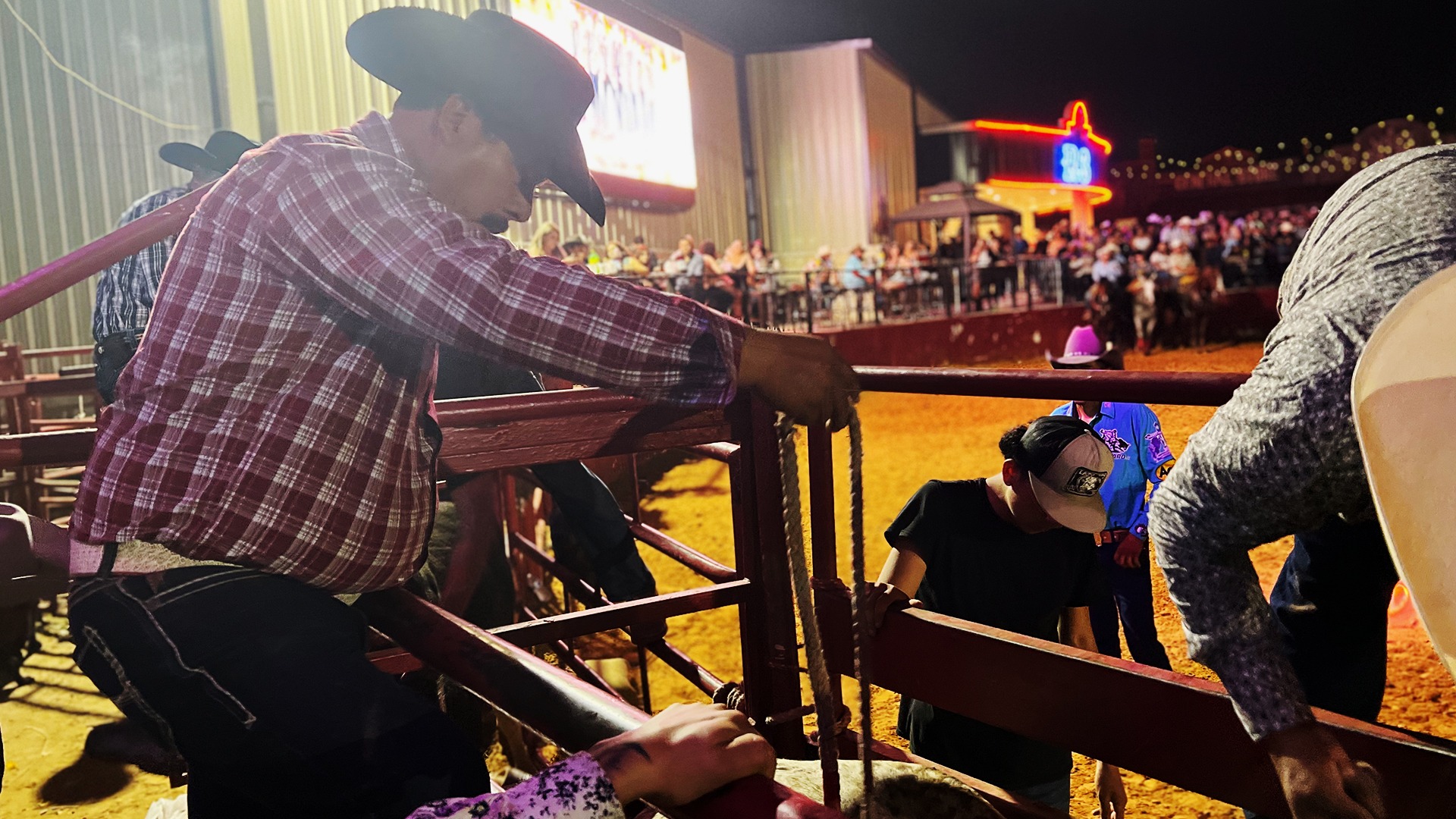
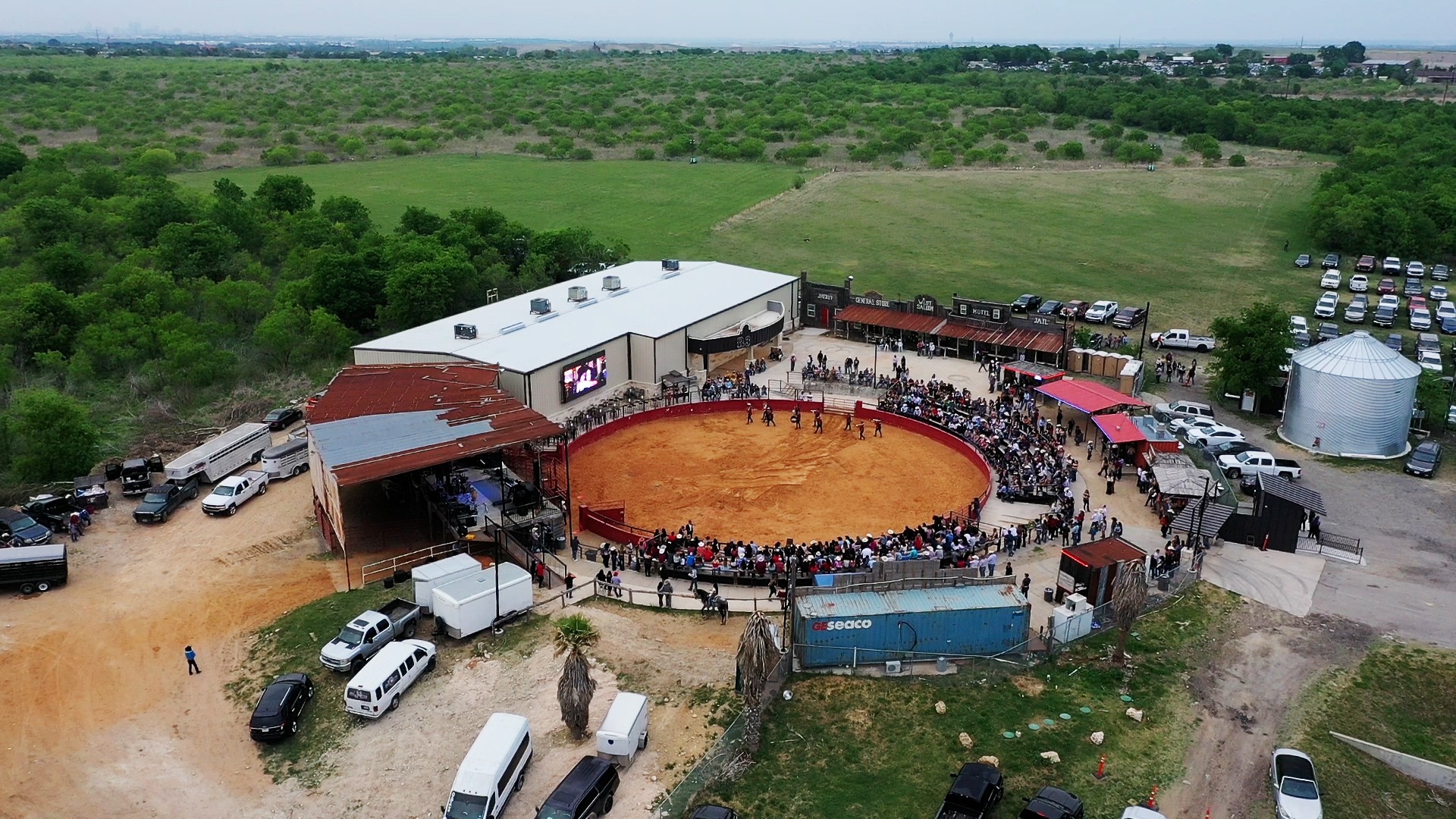
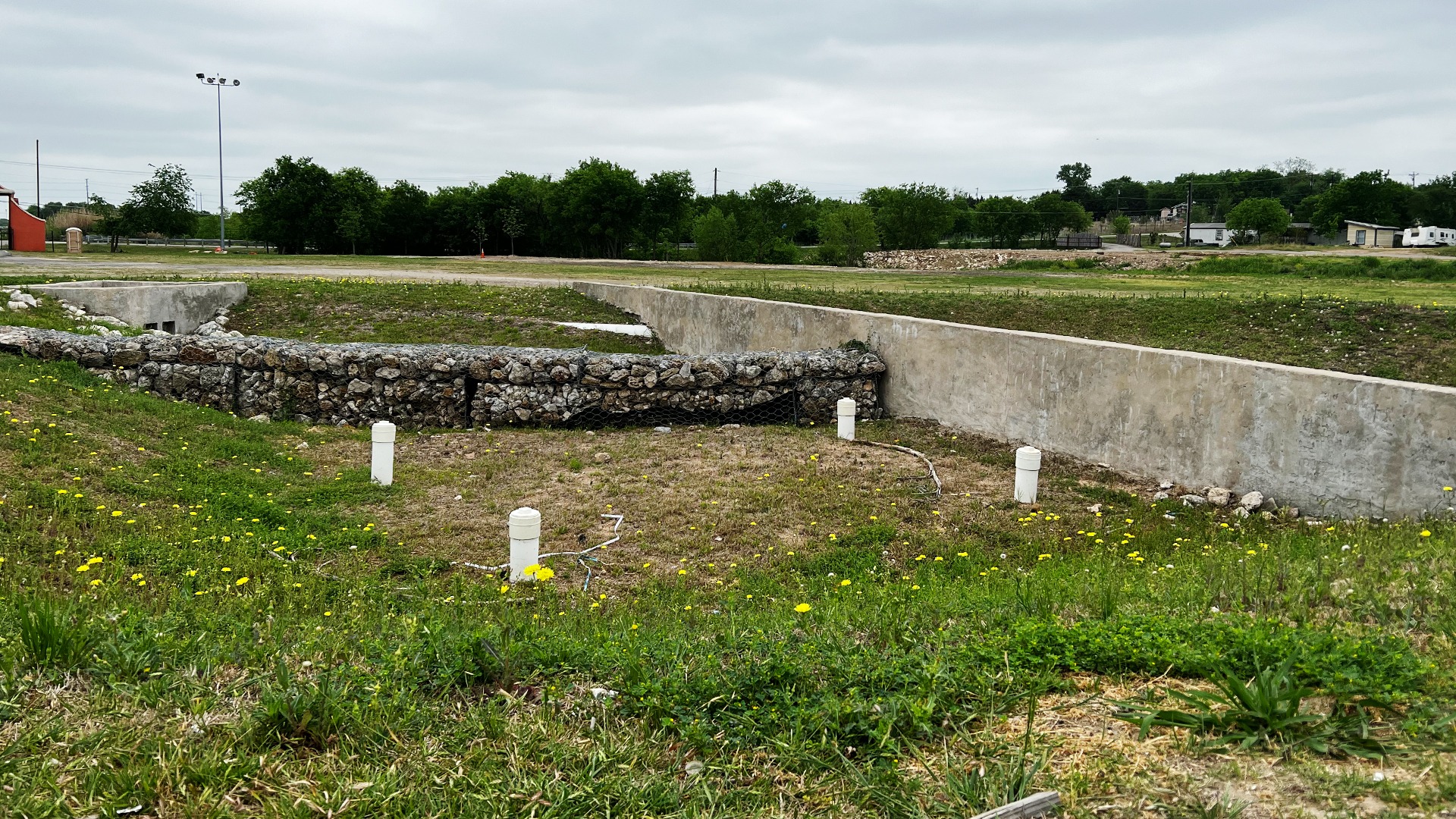
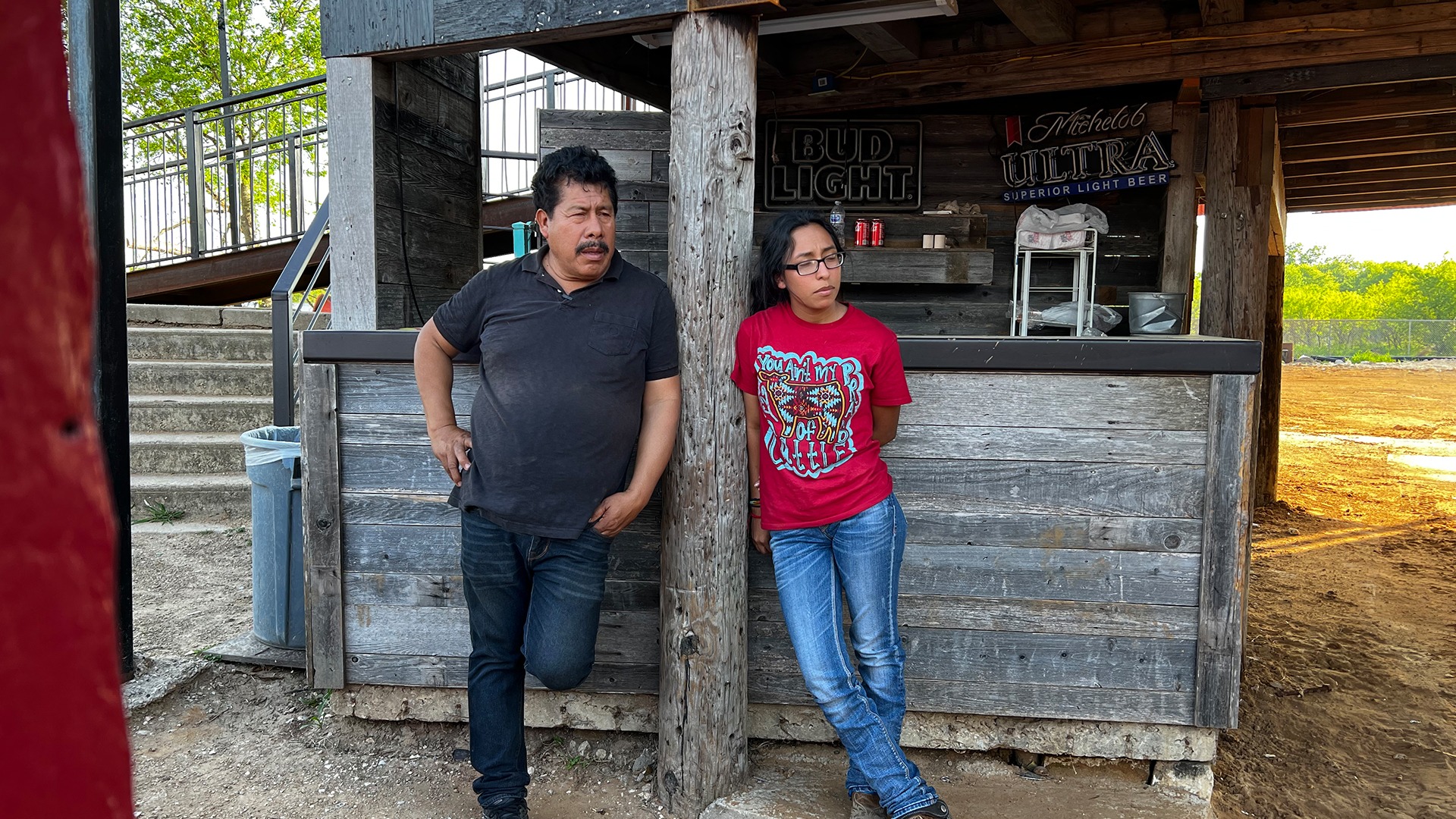

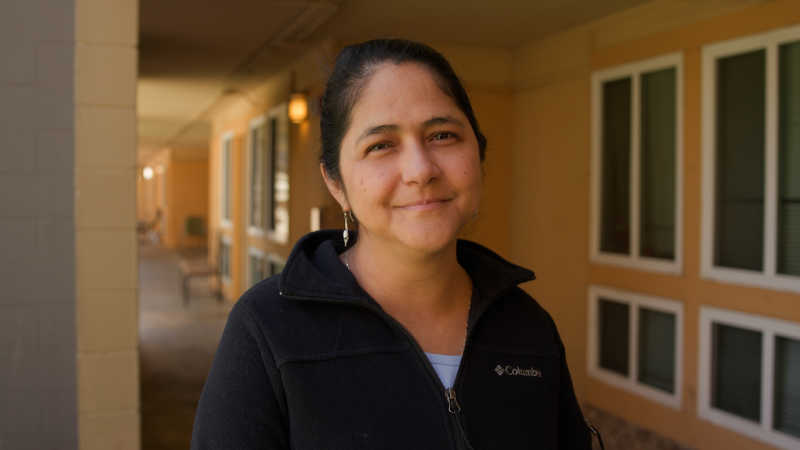



Contact Us
Email us at news@klru.org